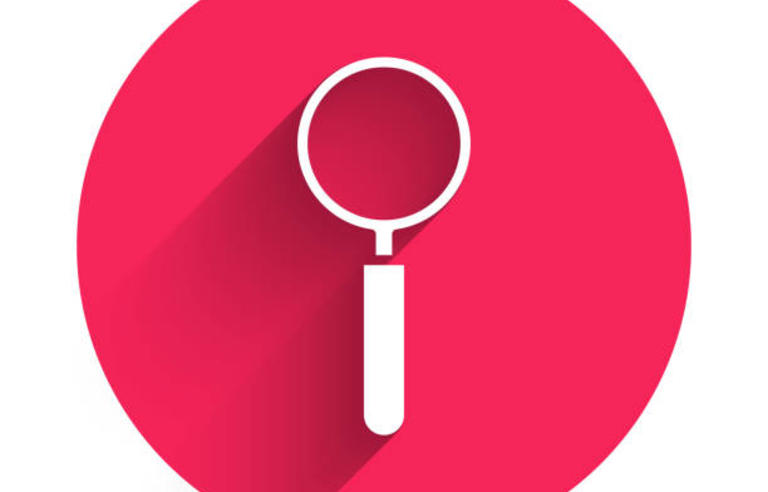Getting around in France

There are many ways to get around in France. Public transport, bicycle or car: you can choose your mode of daily commute. As a student, you can often get passes for reduced rates.
PUBLIC TRANSIT
In most French cities, public transportation generally involves buses and tramways. The networks are usually dense in the town centre, and easy to take. Don't hesitate to ask other students about timetables and stops. Transport companies often have an office on campus where you can sign up for the monthly or yearly pass when the school year starts.
With 14 lines, the Paris Metro is one of the most extensive in the world. It operates until 1:00am during the week and until 2:00am Fridays and Saturdays. A night bus network then takes over. Outside of Paris, five French cities have metro lines: Marseille, Lille, Lyon, Rennes and Toulouse. There are often automatic tellers at metro stations and tram stops where you can buy tickets or a pass.
Good deals for public transport
Students and/or those under 26 qualify for special fares when subscribing to public transport. To get these fares, you usually have to show your student card or identity card when subscribing.
In Paris and Île-de-France
- The Imagine'R card: reserved for students who live in Île-de-France, this special pass gives unlimited travel throughout Île-de-France for less than 350 euros per year.
- The ticket jeune: reserved for those under 26 and valid for 24 hours on a Saturday, Sunday or bank holiday, it lets you travel freely within a limited zone for just 4 euros.
- For more information about public transport, visit the site of the RATP (Parisian Transport Authority).
TAKING THE TRAIN
Getting from Paris to Lille or Lyon to Marseille in one hour? It's possible by TGV (Train à Grande Vitesse - High Speed Train). Even London is only three hours from Paris. France has one of the most effective rail networks in the world. It is managed by the SNCF (Société Nationale des Chemins de Fer français – French National Railway Company). Its mobile application lets you book and save on-screen tickets.
Good deals when travelling by train
- Billets Prem's: these tickets come cheap as they are on sale 3 months ahead of departure dates, on regular lines only.
- Ouigo trains: these low-cost trains go to remote stations which are still connected to public transportation.
- The troc des trains: on this authorised train ticket resale site, you can find cheap, last-minute tickets.
- The carte Jeune: reserved for young people under 28 years of age, it costs 50 euros per year and gives you a discount of at least 25% off all trains.
- The TGV Max subscription: also reserved for young people aged under 28, the monthly 79-euro fee lets you take the TGV as much as you want, subject to certain conditions.
- The Pass Interrail: this single ticket lets you travel freely by train in over 30 countries in Europe.
Have a look at Brian's article. He's an American student at Sciences Po, and E-Ambassador for Campus France. He's got a bunch of useful tips for travelling by train at a reduced cost!

GOING BY BUS
Coaches can get you to many places across France and Europe, at affordable prices. Unlike the train, fares remain low even at the last minute. Coaches nowadays are equipped with reclining seats, Wi-fi, electric sockets, increasing comfort and convenience on long journeys. Tickets can be booked from the following companies: Ouibus,Isilines and Flixbus or compare fares on Comparabus.
SELF-SERVICE BIKES
Vélib’ in Paris, Vélov’ in Lyon and Vélo Bleu in Nice: most big French cities havem a self-service bicycle rental scheme. An annual subscription – between 15 and 30 euros on average – is the easiest way to use it.
In Paris, Neuilly-sur-Seine and Levallois, the inhabitants can also use a self-service electric scooter. There is no subscription to this service, as the trip is invoiced per minute. There is no need for a key or badge either, as the rental process is managed by a smartphone app.
TAXIS
In France, taxis are safe. Don't hesitate to use them to get around.
The fares are strictly regulated and are rather high compared to international averages. Crossing Paris will cost about 30 euros. All taxis must have a meter that will provide an accurate fare for your journey. If there isn't one, it is a fake taxi: make sure you avoid these.

Good ideas when travelling by taxi
- The shared taxi: developed by the G7 taxi company to deal with competition from VTC (Véhicule de Tourisme avec Chauffeur chauffeured vehicle), this service mixes users going to the same place. The fare for the trip is specified ahead of time and does not change: regardless of the final number of people in the taxi, you pay the stated price.
- VTC: a lot of mobile applications enable you to travel around in VTC. They offer lower rates than taxis. On the other hand, applications that enable individuals to offer taxi services are illegal and forbidden in France.
TRAVELLING BY PLANE
There are about 45 airports connecting the different cities in France. From Paris Orly or Paris Charles de Gaulle, you can get to Nice, Toulouse, Lyon, Marseille, Strasbourg and Bordeaux in just over an hour.
There are many low-cost airlines in France. Air France also has a low-cost subsidiary, Transavia, and has created Hop!, a subsidiary specialised in domestic flights. It offers a youth card for those aged 12-24 and a weekend card starting at 69 euros.
DRIVING IN FRANCE
Some things to know if you want to go this route: in France, you drive on the right with the steering wheel on the left side of the passenger cabin. Seatbelts are mandatory, and you are not allowed to use a mobile phone while driving. For safety reasons, there must be a reflective safety jacket, a warning triangle and two breathalyser tests in the car. Also, for everyone's safety, remember: if you drink, don't drive.
You can drive in France if you have a European driver's licence or an international driver's licence (if you are not European). You can also use your personal vehicle in France. Nonetheless, if you remain in France for more than six months, you must request an international driver's licence and your vehicle must pass a roadworthiness inspection.
Parking in town centres can sometimes be complicated. If you are thinking of using a car every day, remember to ask for a parking space with your accommodation. If you need to park in the street, the places reserved for local residents let you do so at lower cost.
Good ways for travelling by car when you don't have one
- Self-service cars: over 80 French cities have carsharing services via the Citiz network, and Auto Lib'in Paris. They let you rent a car for a very short period, when you are a subscriber.
- Renting from individuals: Drivy, Ouicar and Koolicar put those needing a car in touch with those looking to rent theirs. These rentals have fewer restrictions than rental agencies, in particular when it comes to renting to drivers with a foreign licence.
- Car-pooling: an economical, friendly and very popular solution in France. It's a great way to get around and will give you the chance to practise your French. The Blablacar app is the most popular one in France.




















